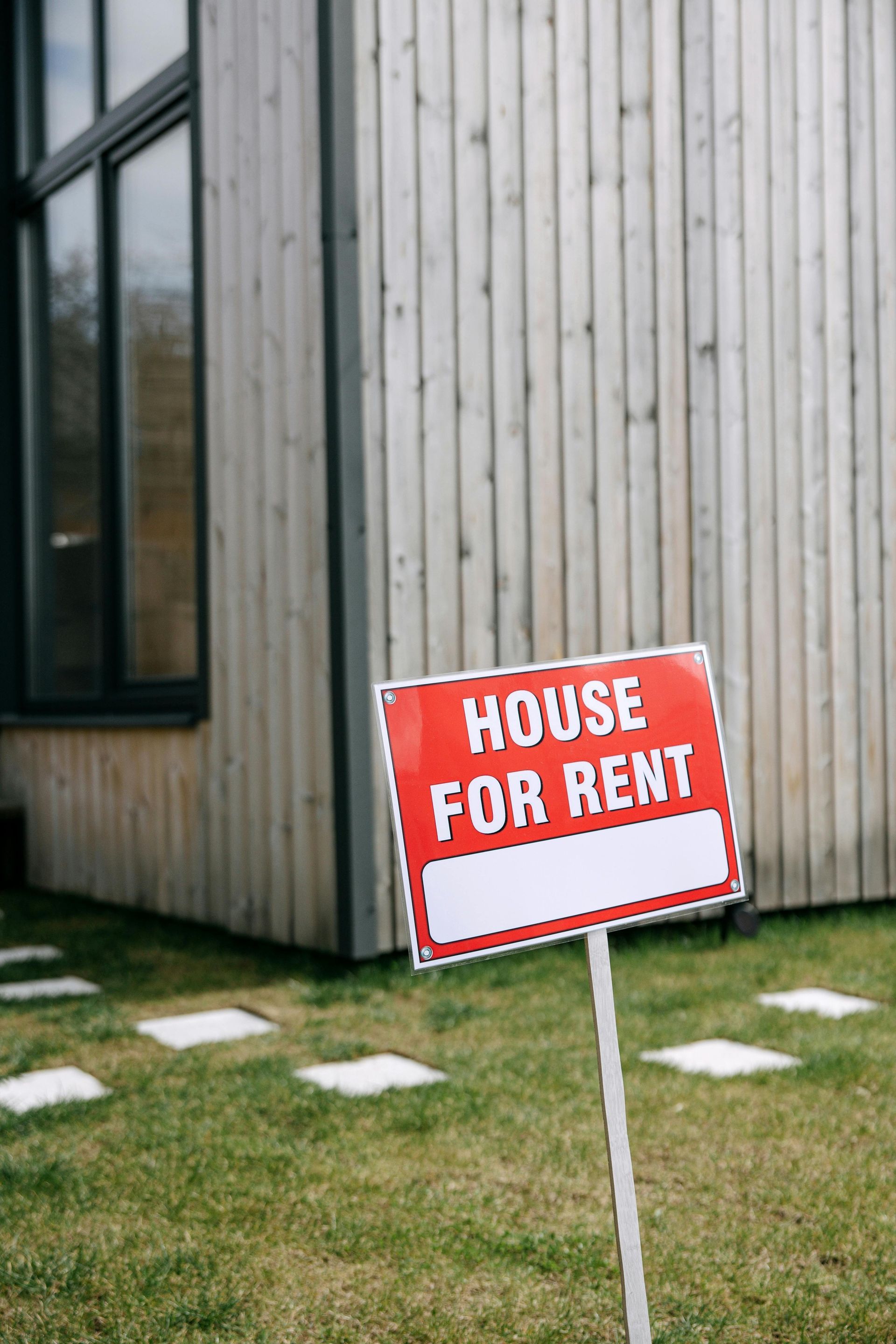My Process for Mortgage Renewals and Refinances
Whether your mortgage is coming up for renewal or you're considering a refinance, you deserve to know all your options.
Most people simply accept their existing lender's renewal offer without shopping around, often leaving thousands of dollars on the table.
I've designed a straightforward process to analyze your options across 50+ lenders and present clear recommendations so you can make an informed decision.
Here's how it works.
Step 1: The Discovery Call
We start with a conversation where I learn about your current situation and goals.
For Renewals, I'll ask about:
- When is your renewal date?
- What rate are you currently paying?
- What has your existing lender offered your for your renewal options?
- Have there been changes in your financial situation?
- Do you want to adjust your payment or amortization?
- Are you planning to stay in this property long-term?
For Refinances, I'll ask about:
- What are you looking to accomplish? (Access equity, consolidate debt, renovations, etc.)
- How much equity do you have?
- What's your current mortgage balance and rate?
- What's your timeline?
In both cases, we'll discuss:
- Your financial goals for the next 3-5 years
- Your comfort level with different payment amounts
- Whether you want fixed or variable rate options
What to expect: 30 to 45 minutes. Bring details on income, debts, current mortgage, and goals.
Step 2: Application and Documentation
After our call, I'll send you a secure link to complete your application, along with a tailored document request list.
The Application
Many questions will seem familiar from our call. This redundancy is intentional and helps me catch any discrepancies.
The Documents
Typical items for renewals and refinances:
- Government ID
- Income verification
- Recent mortgage statement and current property tax bill
- Home insurance details
- Void cheque or PAD form
· If refinancing: Details on any debts you're consolidating
You can review my general document checklists below:
Critical rule: Do not edit, adjust, or redact any documents. Lenders need to see everything in its original form.
Step 3: Analysis and Options Review
Once I have your application and documents, I'll analyze your situation in detail.
After my analysis, I'll send you a personalized video walkthrough that outlines:
- All your options clearly explained
- Pros and cons of each option
- My recommendations
- Next steps if you want to proceed
I typically present 3-5 options to keep it clear and digestible.
After you review the video and initial options we can schedule another call to go through any questions you might have or I can evaluate any other options you would like to consider.
Step 4: You Decide and We Move Forward
After reviewing your options, you decide how to proceed.
You might choose to:
- Accept your current lender's renewal offer
- Switch to a new lender for better rates or terms
- Proceed with a refinance
- Wait and revisit closer to your renewal date
There's no pressure. My job is to provide complete information so you can make the best decision.
Once you decide, I handle everything: negotiating with lenders, managing paperwork, coordinating with your lawyer/notary, and ensuring everything closes smoothly.
What Makes My Approach Different
- Full underwriting up front: fewer surprises, faster approvals.
- 50+ lenders: competitive pricing and better fit on policy and features.
- Numbers you can trust: complete cost and savings analysis, not just the rate.
- Clear recommendation: I explain trade-offs so you can choose with confidence.
Timeline Expectations
For Renewals:
- Start 4-6 months before your renewal date
- Switching lenders takes 4-6 weeks
- Staying with your current lender can be done in days
For Refinances:
- Typically 4-6 weeks from start to finish
Common Questions
When should I start the renewal process?
Start 4-6 months before your maturity date. This gives time to compare options and ensure a smooth transition.
What if I want to stay with my current lender?
That's fine! At least you'll know their offer is competitive.
How much does refinancing cost?
Typical costs include legal fees ($1,200-$1,800), appraisal if required ($300-$500), and potentially a discharge fee ($300-$400). Many costs can be rolled into the new mortgage.
Can I refinance if I'm self-employed?
Yes, though documentation requirements may be more extensive. I work with many self-employed clients and understand how to present income effectively.
Quick Summary
My process for renewals and refinances:
- Discovery Call: Discuss your current mortgage, goals, and financial situation
- Application & Documents: Complete application and provide supporting documents
- Analysis & Options Review: Receive clear video breakdown with recommendations
- You Decide: Choose how to proceed; I handle all the details
Result: A clean, numbers-driven decision that improves your mortgage, your cash flow, or both.
Next Steps
Ready to review your renewal or explore a refinance? Let’s talk.
Book a consultation or call 778-988-8409.
Glossary
Equity: The difference between your home's current value and what you owe on your mortgage.
Lender: A financial institution that provides mortgage financing. This can be a bank, credit union, monoline lender, or other regulated lending institution.
Mortgage Renewal: Setting up a new term when your current term expires. Your balance continues, but you negotiate a new rate and term.
Mortgage Refinance: Replacing your existing mortgage with a new one, often to access equity or consolidate debt.
Maturity Date: The date your current mortgage term ends and renewal is required.
Penalty: A fee charged if you pay off your mortgage before the term ends.





